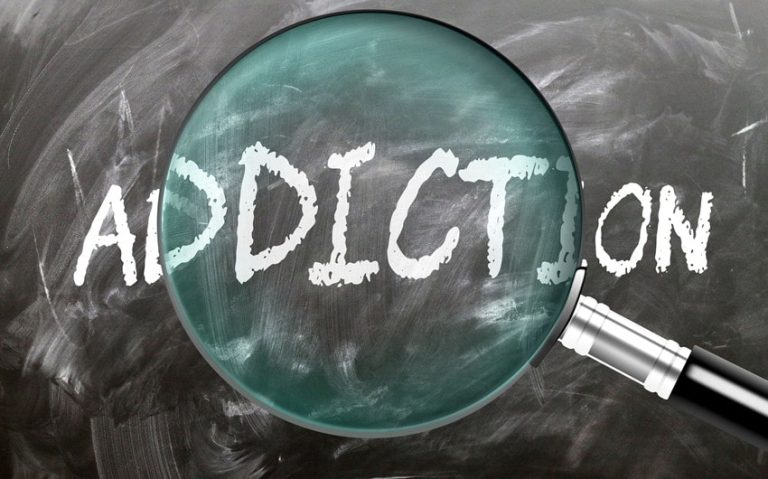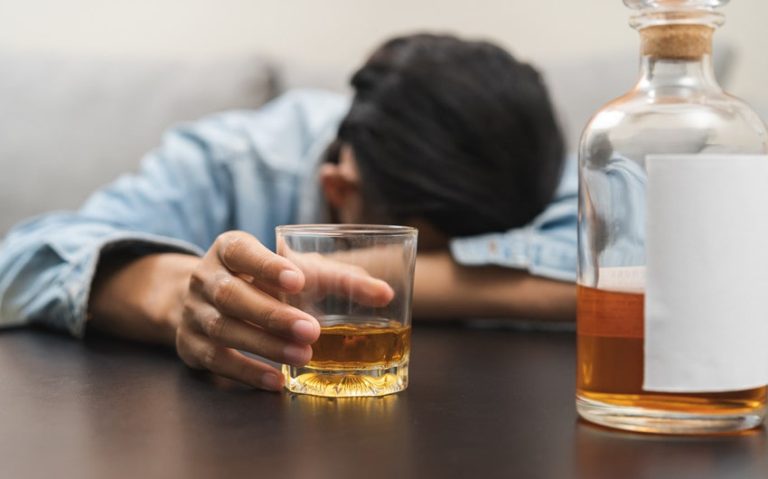When you think about addiction, what is the first thing that comes to your mind? For many, it’s easy to believe that substance abuse is a matter of bad choices or weak willpower. After all, if someone chooses to start using drugs or alcohol, they should be able to stop, right?
But, if you or someone you love has struggled with substance use disorder, you already know it’s not that simple. Addiction is not about a lack of morals or self-discipline. It is a complex and often misunderstood medical condition that affects the brain and body. However, people can recover with appropriate treatment for substance use disorder. So, is addiction just a matter of choice, or is there something seriously wrong with it? Let’s discuss.
Is Addiction a Choice or Something More?
Let’s say you are going through a really tough time, and you decide to have a drink to take the edge off. Maybe one drink turns into two, then three, and soon, you start using alcohol or other substances regularly to cope. You know it’s harmful, but stopping feels impossible, even when it starts impacting your life.
This is a pattern that many people experience. Addiction often starts with a choice, but as use continues, that choice becomes more and more difficult to control. Over time, substances take control of the brain’s reward system and make it feel like you need that next drink, pill, or hit to survive.
It’s not about poor moral character. It’s more about the brain’s changing response to the substance. This makes it hard to stop, even when someone desperately wants to.
What Is the Science Behind Addiction?
When you use substances like alcohol or drugs, they flood your brain with dopamine. It’s the same chemical that makes you feel good after exercising or eating your favorite food. But drugs and alcohol release far more dopamine than the brain produces naturally, which is why it creates an intense sense of pleasure.
Over time, your brain starts to rely on these substances to release dopamine. Because of this, activities that used to make you happy, like spending time with loved ones or pursuing hobbies, don’t bring the same joy anymore.
As the brain adapts to regular substance use, it requires more of the substance to achieve the same high. This creates a vicious cycle of dependency, where the person needs to keep using substances just to feel normal.
How Genetics and Environment Makes It More Difficult
Did you know that about 40-60% of a person’s risk of addiction is linked to genetics? That means if addiction runs in your family, you are at a higher risk, even if you have always considered yourself to have strong self-control. But genetics are not the only factor.
Environment plays a massive role, too. Factors such as trauma, stress, or early exposure to substances increase the risk of developing an addiction. Many people who struggle with addiction have a history of mental health issues or have experienced trauma that has left deep emotional scars. When the pain is too much to bear, substances can seem like the only escape.
If addiction was purely about making bad choices, then why do so many people from all walks of life struggle with it? That is because addiction doesn’t discriminate. It can affect anyone, no matter how rich or poor, young or old, good or bad they are.
Why Viewing Addiction as a Moral Failure is Dangerous
When society talks about addiction, words like “junkie,” “addict,” or “drunk” get thrown around, carrying negative judgments. For people struggling with addiction, these labels are less worthy of respect or care. Because of this stigma, they feel isolated, ashamed, and afraid to ask for help.
But addiction is a medical condition, not a character flaw. Just like we wouldn’t shame someone for diabetes or high blood pressure, we shouldn’t shame people for needing help with addiction. Carrying the weight of addiction feels like you are fighting an invisible battle.
But then, you are being told it’s all your fault. Imagine the struggle! The truth is addiction should be approached with compassion, understanding, and proper medical treatment, not judgment or blame.
Final Words
By now, it should be clear that addiction is not about failing to make good choices or lacking morals. It is a chronic condition that changes the way the brain functions and makes it very hard to quit without proper help.
If you or someone you know is struggling with substance use, know that it’s not your fault. Addiction is a disease, and it’s okay to ask for help. Just like you would get treatment for any other illness, you deserve support and care as you work toward recovery.







